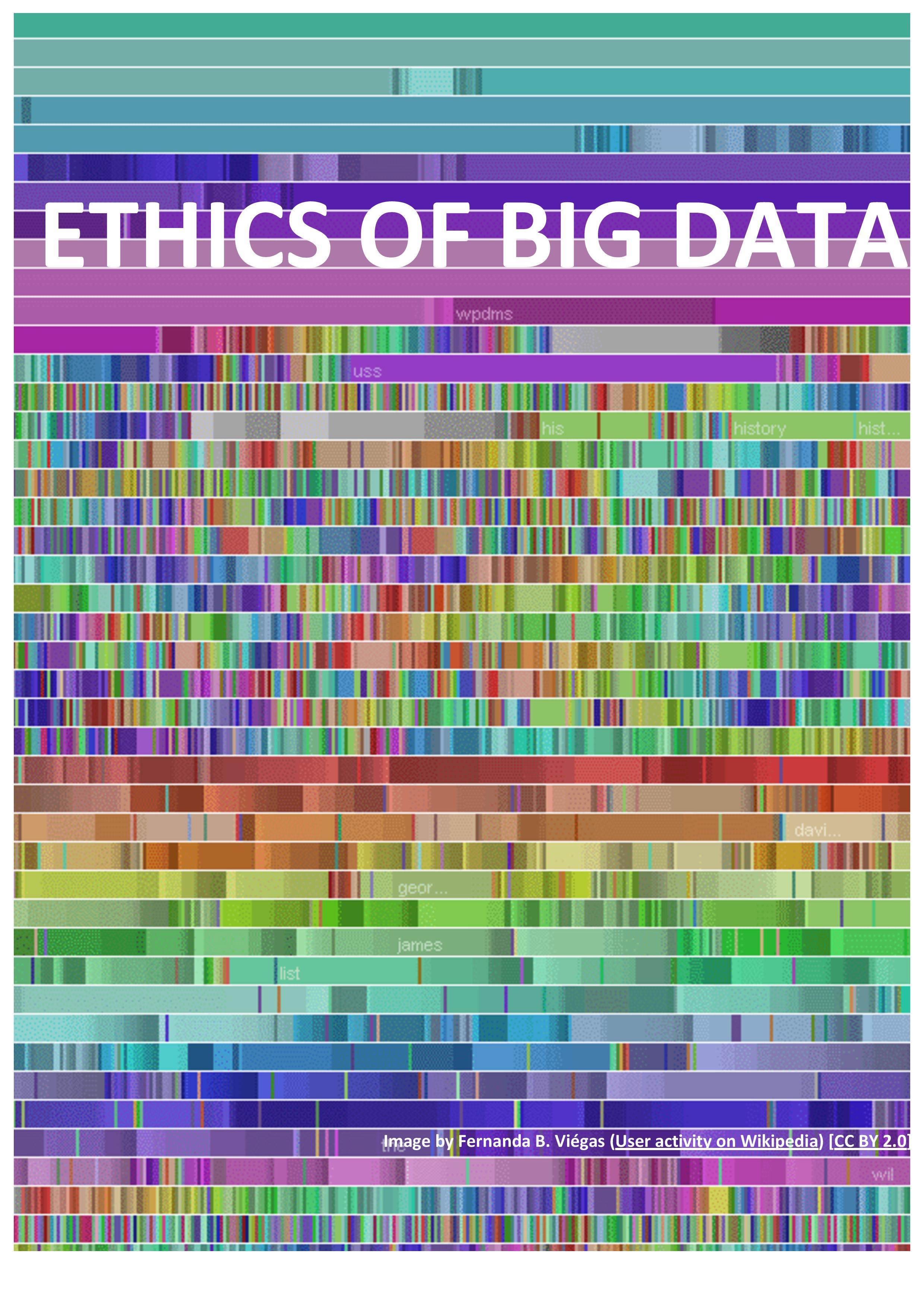
Submitted by Dr E. McPherson on Mon, 13/03/2017 - 10:56
I'm delighted to announce - together with Anne Alexander (CRASSH), Clare Dyer-Smith (Cambridge Big Data SRI), Richard Milne (Institute of Public Health/PHG Foundation), Julia Powles (Faculty of Law/Computer Laboratory), and Jat Singh (Computing Laboratory) - that our funding for the Ethics of Big Data CRASSH Research Group has been extended for 2016-17! Here's our proposed programme.
The Ethics of a Data-Driven Society (2016-17)
Themes:
Big Data and the Future of Work
In Michaelmas Term (2016) we will explore how Big Data is reshaping the worlds of work, production and employment. We will analyse whether the promise of 'on-demand' production and automated logistics drives the agenda for the 'big data' economy; explore the expanding role of the algorithms in task allocation and performance management for the quantified workplace as well as the impact of device proliferation, ubiquitous connectivity and the rise of social media on surveillance and profiling of employees.
Big Data, Materiality and the Environment
Lent Term. Data is commonly conceived as intangible and ubiquitous, driving decisions through a series of bits, codes and mathematical algorithms. At the same time, it is both material and localised, composed of structures, buildings, devices and people. In Lent term we explore the material aspects of data and how these feed into the discussions of 'ethics' in a data driven world.
Our invited speakers, drawn from disciplines that range from materials science and computer science to sociology, anthropology and art, will address issues including the energy demand of data infrastructures, initiatives to bring the material nature of electronic devices to wider attention through the creation of jewellery, and the localised impact of the data centre industry through an ethnographic case study in Sweden.
Big Data and Knowledge
Finally, in Easter Term we will explore the impact of data driven narratives on concepts of knowledge and on the organisation of knowledge production. Issues here include the impact on scientific research of a drive towards open publication of data, the limits of a quantitative view of the world (and the politics of its current primacy in 'big data' narratives over a qualitative one), and the range of views around the importance of data literacy.
For more information, click here.
